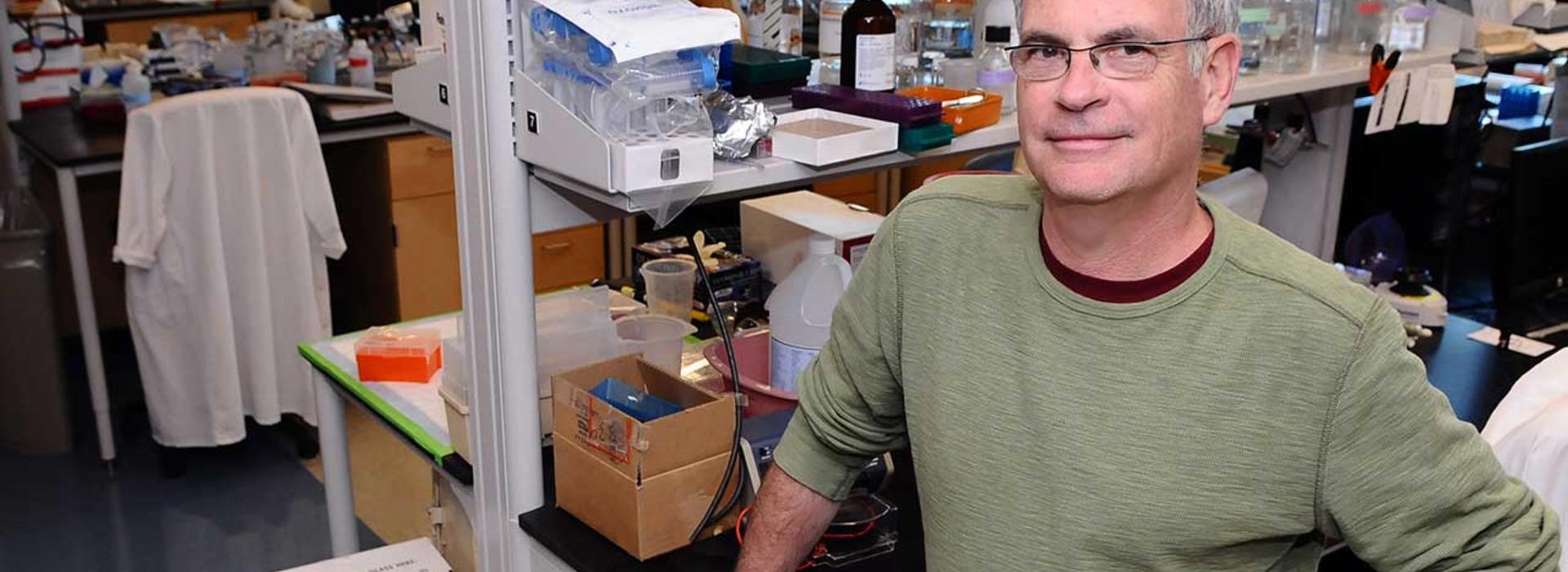
Institute for Translational Neuroscience
The Institute for Translational Neuroscience's greatest strength is bringing together different groups under one common goal: to advance neuroscience research at the University of Minnesota.
The Institute for Translational Neuroscience (ITN) was established in 2007 as a University-wide presidential initiative to promote the transfer of discoveries in the basic neurosciences to clinical practice. The institute is charged to enhance basic science discovery with new knowledge leading to subsequent clinical trials and establishment of new therapeutic principles or tools.
Goals
Our main goal is to attract and recruit top scientists to shape discoveries that will lead to tomorrow's cures. The institute exemplifies how different disciplines, departments, and centers can work together in partnership to evolve neurological disease research at the University of Minnesota. We have built a community that encourages learning, education, innovation, and discovery all of which are more successful in a team-oriented environment.
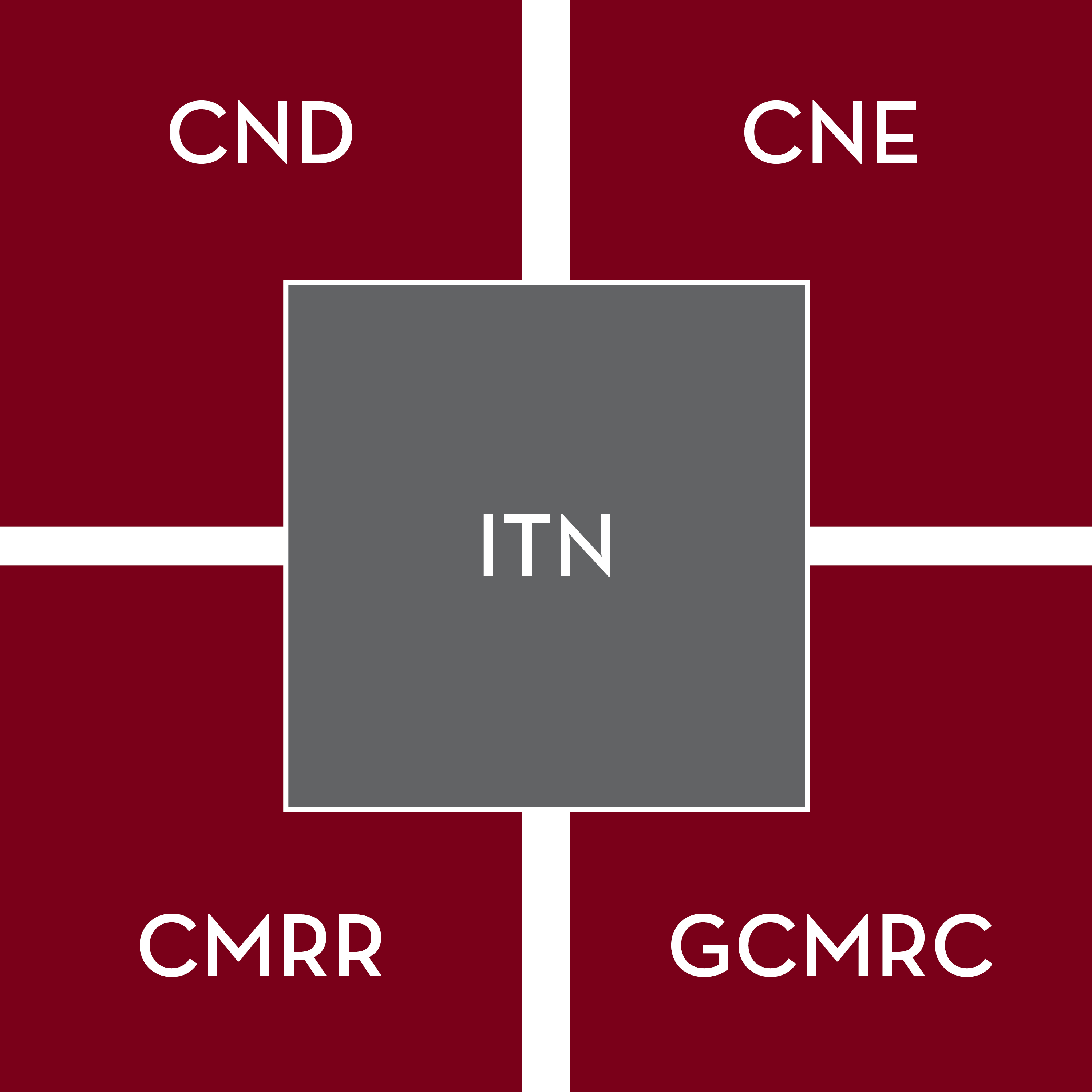
Founding centers
These world-class centers embrace and advance the institute's mission:
ITN IN THE NEWS
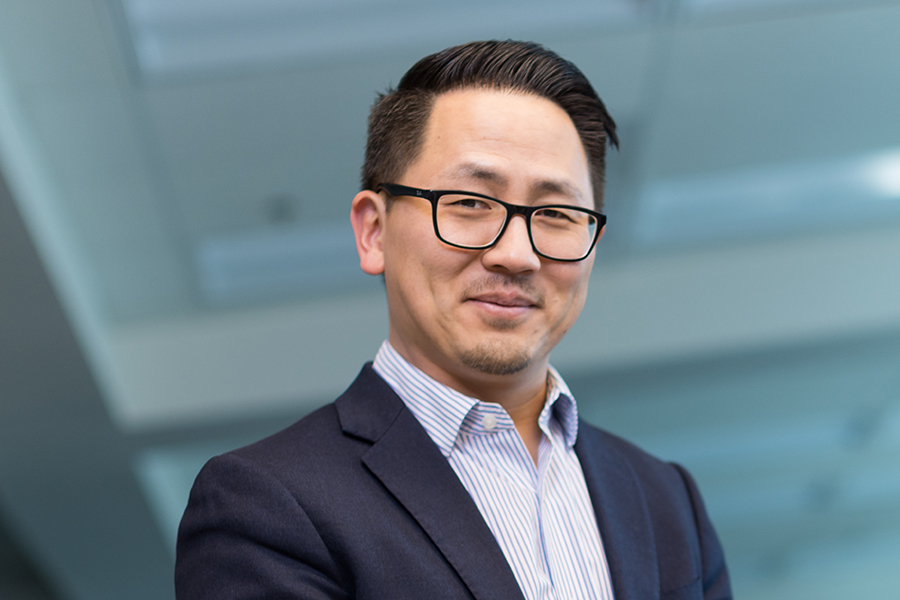
ITN Scholar hubert lim named director of bakken medical devices center
ITN Scholar and CSE Professor Hubert Lim, PhD, has been selected as the next director of the University's Earl E. Bakken Medical Device Center (Bakken MDC). In this role, Dr. Lim will oversee a wide range of responsibilities and commitments within Bakken MDC and the Institute for Engineering in Medicine (IEM)’s Innovation Pillar. He has been an ITN Scholar for 14 years, with a research focus on neuromodulation technologies, wearable medical devices, and integrative health approaches that aim to develop new stimulation treatments for hearing disorders, pain, and inflammatory conditions. We congratulate Hubert on his new appointment!
You can read the full press release from the College of Science & Engineering here.
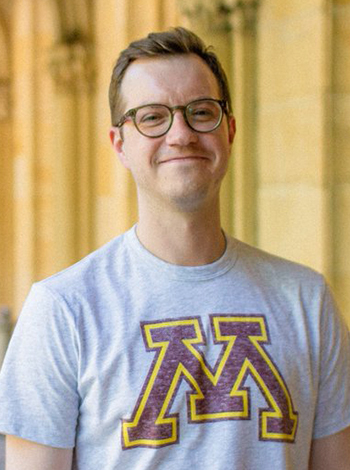
ITN SCHOLAR BRENDEN TERVO-CLEMMENS CITED IN NEW YORK TIMES; recognized by aps
ITN Scholar Brenden Tervo-Clemmens, PhD was featured in a recent New York Times article reporting on his research into a link between adolescent substance use and mental health disorders. Dr. Tervo-Clemmens' study found that teenagers who use cannabis, alcohol and nicotine are more likely to have underlying psychiatric symptoms, and worse symptoms, than their peers who are not regularly using substances.
Dr. Tervo-Clemmens was also recognized as a 2024 "Rising Star" by the Association for Psychological Science. This designation recognizes researchers whose innovative work has already advanced the field and signals great potential for their continued contributions.
- To read the full New York Times article, follow this link.
- A listing of all the 2024 APS Rising Star recipients can be found here.
Innovation
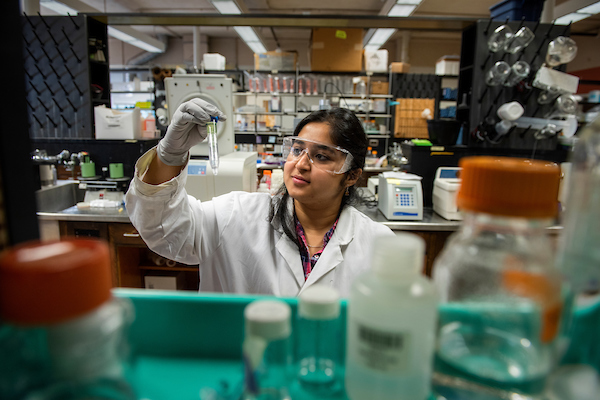
Moving promising neuroscience research forward
Exploration
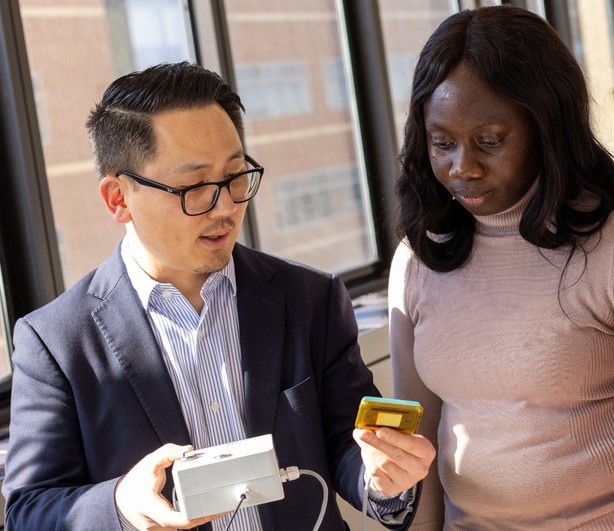
Discoveries happen where disciplines meet.
Collaboration
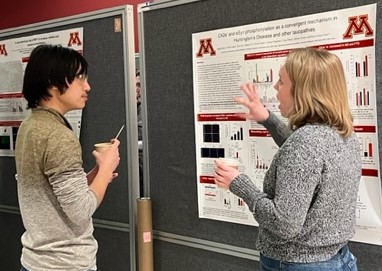
Combining powerhouse research and clinical care to impact lives